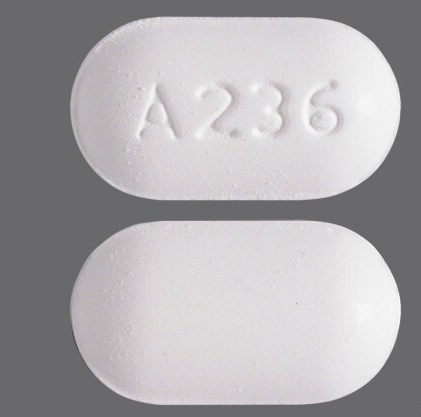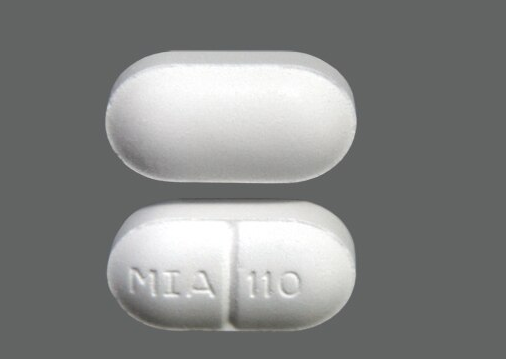Butalbital, acetaminophen, and caffeine combination is used to relieve symptoms of tension (or muscle contraction) headaches.
Butalbital belongs to the group of medicines called barbiturates. Barbiturates act in the central nervous system (CNS) to produce their effects.
Acetaminophen is used to relieve pain and reduce fever in patients. It does not become habit-forming when taken for a long time. But acetaminophen may cause other unwanted effects when taken in large doses, including liver damage.

When butalbital is used for a long time, it may become habit-forming, causing mental or physical dependence. However, people who have continuing pain should not let the fear of dependence keep them from using narcotics to relieve their pain. Physical dependence may lead to withdrawal side effects if treatment is stopped suddenly. However, severe withdrawal side effects can usually be prevented by gradually reducing the dose over a period of time before treatment is stopped completely.
Caffeine is a CNS stimulant that is used with pain relievers to increase their effect. It has also been used for migraine headaches. However, caffeine can also cause physical dependence when it is used for a long time. This may lead to withdrawal (rebound) headaches when you stop taking it.
This medicine is available only with your doctor’s prescription.
This product is available in the following dosage forms:
- Tablet
- Capsule
- Solution
Butalbital exerts a generalized depressant effect on the central nervous system and, in very high doses, has peripheral effects. Acetaminophen has analgesic and antipyretic effects mediated by a metabolite that acts at cannabinoid receptors. Caffeine is thought to produce constriction of cerebral blood vessels and serves to counteract the sedative effect of butalbital.
Butalbital has a half-life of about 35 hours. Acetaminophen has a half-life of about 1.25 to 3 hours, but may be increased by liver damage and after an overdose. Caffeine has a half-life of about 2.5 to 4.5 hours.
